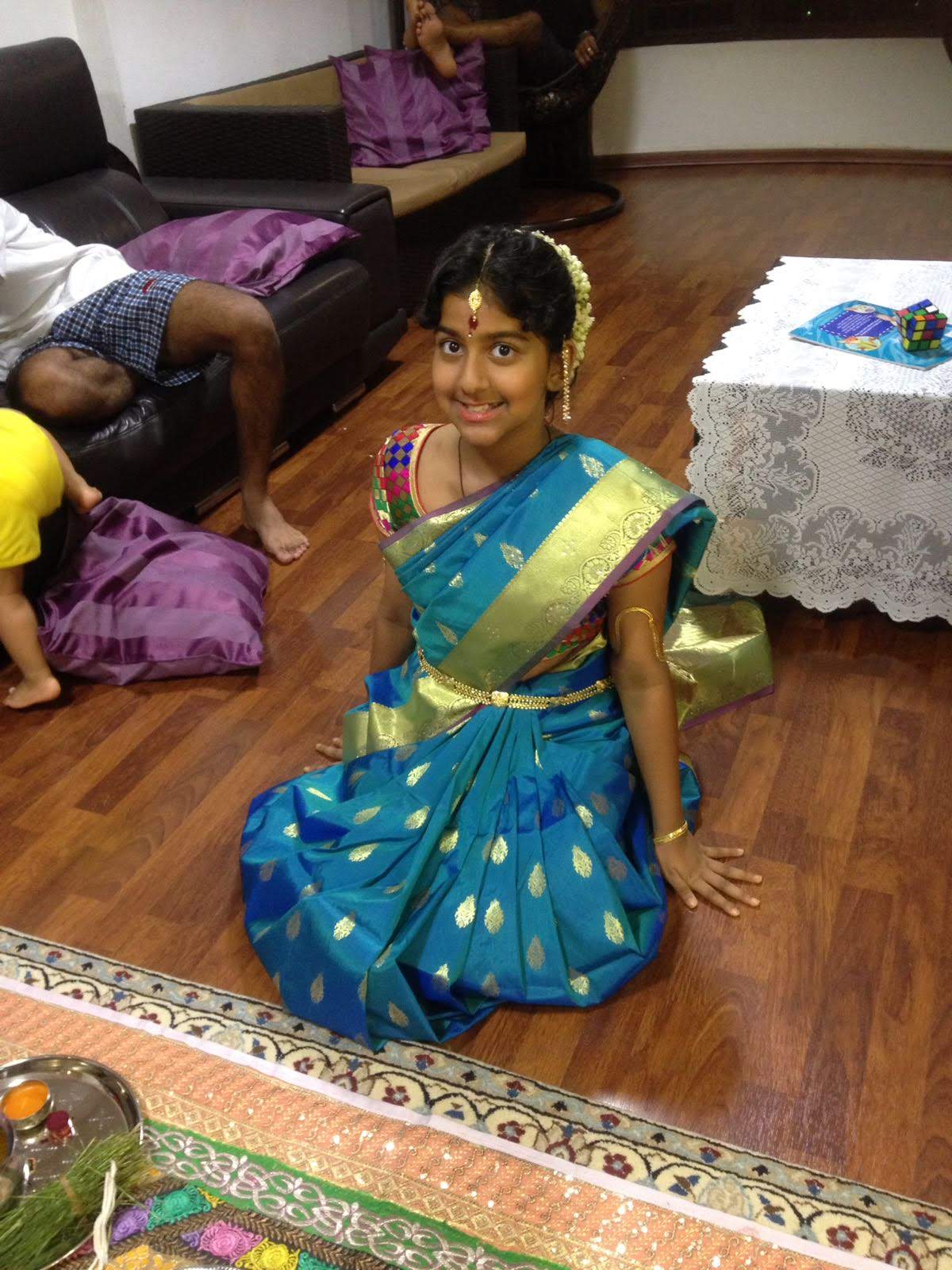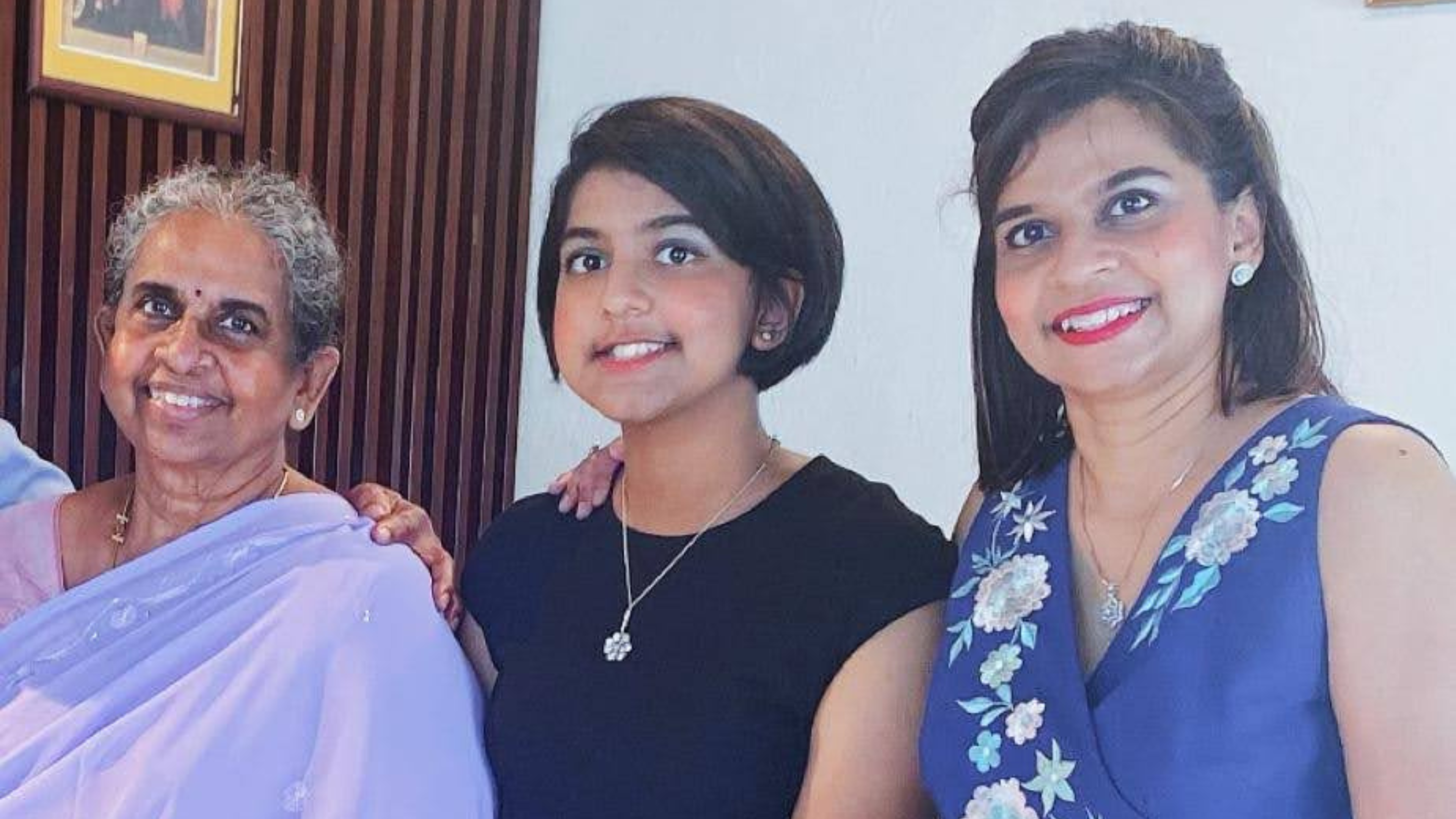The Day I Had My First Period and Became “A Big Girl”
I grew up in the 1950s in a very traditional family. We were eight siblings - five girls and three boys.
My parents were from different ethnic dialects and religions, so we practised both their cultural traditions at each stage of our growing up years.
Being the youngest daughter, I remember seeing my elder sisters go through the rituals and ceremonies during their coming of age, that is, their first menstrual period.
During our time it was a taboo to mention the word menstruation or period especially when there were males around. I was ignorant of what all the fuss was about when my sisters were confined to an isolated area at home, not allowed to see any male relatives and forbidden from touching anything in the house, especially holy or sacred items.
There was always special food made for the girl in isolation, usually vegetarian. My sisters were forced to start their morning with a raw egg, its open shell filled with strong-smelling gingelly oil which made them want to throw up, but they were restrained by the watchful eye of an elder woman guardian. This was followed by a reward of "putu" (rice cakes) served with grated coconut, jaggery (lightly refined sugar) and banana mashed together and delightfully tastier than the raw egg with oil.
During the day the poor girl would be left alone not able to do anything she wanted, not even to touch her school books as she was "unclean".
On the third day of her period, three to five aunties would give her her first bath with water mixed with turmeric. She was then incensed and dressed in a half saree before being led to her isolation again.
This ritual would be repeated on the fifth day. The aunties would bring rice cakes and fruits on the days they visit.
On the seventh day, a grand ceremony would be held. In my family, we had invited all the extended relatives and close friends. There would be a sumptuous lunch or dinner following the rites performed before all the guests.
The sister who had just gone through her first period would be dressed like a bride in a silk saree, adorned with jasmine flowers on her hair and gold jewellery that almost covered her arms and neck.
In the 1950s this was a time for matchmaking. I remember my eldest sister received a proposal and she got married when she was 16.
When I reached the age of 12, I was so excitedly anticipating the same rituals and attention to happen to me just like my sisters. I was curious to know how I would know that 'I am a big girl'. Our elders did not disclose biological facts about menstruation. I was told that there would be a boil (cyst) in my private part (no mention of vagina as it was a bad word) and when it bursts, there would be blood. That's when I would become a “big girl”.
I waited for the cyst but was so disappointed that it took so long to appear. One day while playing with my brothers and friends I spotted some stains on my dress but brushed it aside as I thought it may be something I sat on. Later I found my panties stained and got too worried to tell anyone as it didn't occur to me it was the “big girl” thing happening.
Late that night I confided to my sister about the stains and she promptly reported it to my mum. I argued I had no cyst so it must be something wrong with me. It was the most stressful day of my young life.
The days that followed were not too bad as I enjoyed my putu and the lovely array of food prepared at different homes since my sisters were married and catered to the requirements of the ritual to help ease our mum's workload. I must say I enjoyed my grand ceremony on the seventh day with all the attention on me. They hoped to find a suitable boy for me but no one came to propose. This meant I could continue studying and get an education to be an independent woman as was the norm in the 1960s, when the mindset started changing due to Western influence.
I eventually had my own family. It was not hard to share with my daughter what being a big girl was all about. Also schools started to educate girls about puberty and it helped she was not as ignorant as me.
We had the same rituals and ceremony for our daughter which she did not oppose.
But things weren't the same when it came to my granddaughter. She refused to follow any of the traditions and didn't want to miss school. We had long arguments on why and how these rituals were meant to help. She was adamant on not having a grand ceremony, a decision fully supported by her father. We eventually compromised on a simple ceremony with just the immediate family.

I will always treasure what my mother said: "Traditions were created for us to follow not blindly but with the acceptance that our elders know what is best for us. Better to be safe than sorry."
My granddaughter refused to buy this advice as she comes from a generation of Google Knowledge and every action needs to be scientifically proven and it is not an old wives tale.
This is what I learned from my granddaughter: rituals and traditions are important but they must not be followed blindly without reason. They must not be obstacles to harmony in the family.





